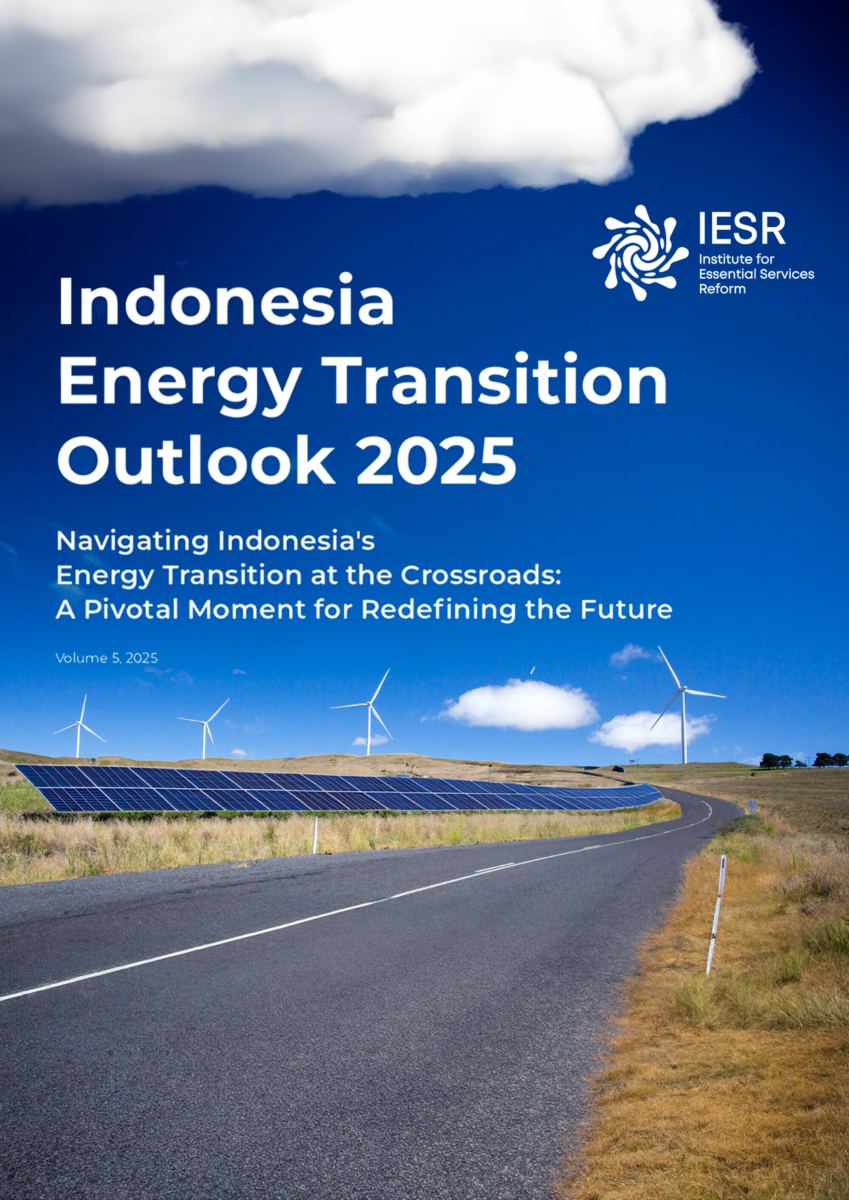
Indonesia Energy Transition Outlook (IETO) 2025
Navigating Indonesia’s Energy Transition at the Crossroads: A Pivotal Moment for Redefining the Future Indonesia stands at a critical juncture

Navigating Indonesia’s Energy Transition at the Crossroads: A Pivotal Moment for Redefining the Future Indonesia stands at a critical juncture

This research, conducted by E3G in collaboration with IESR, aims to delve into the political economy of electric vehicle (EV)
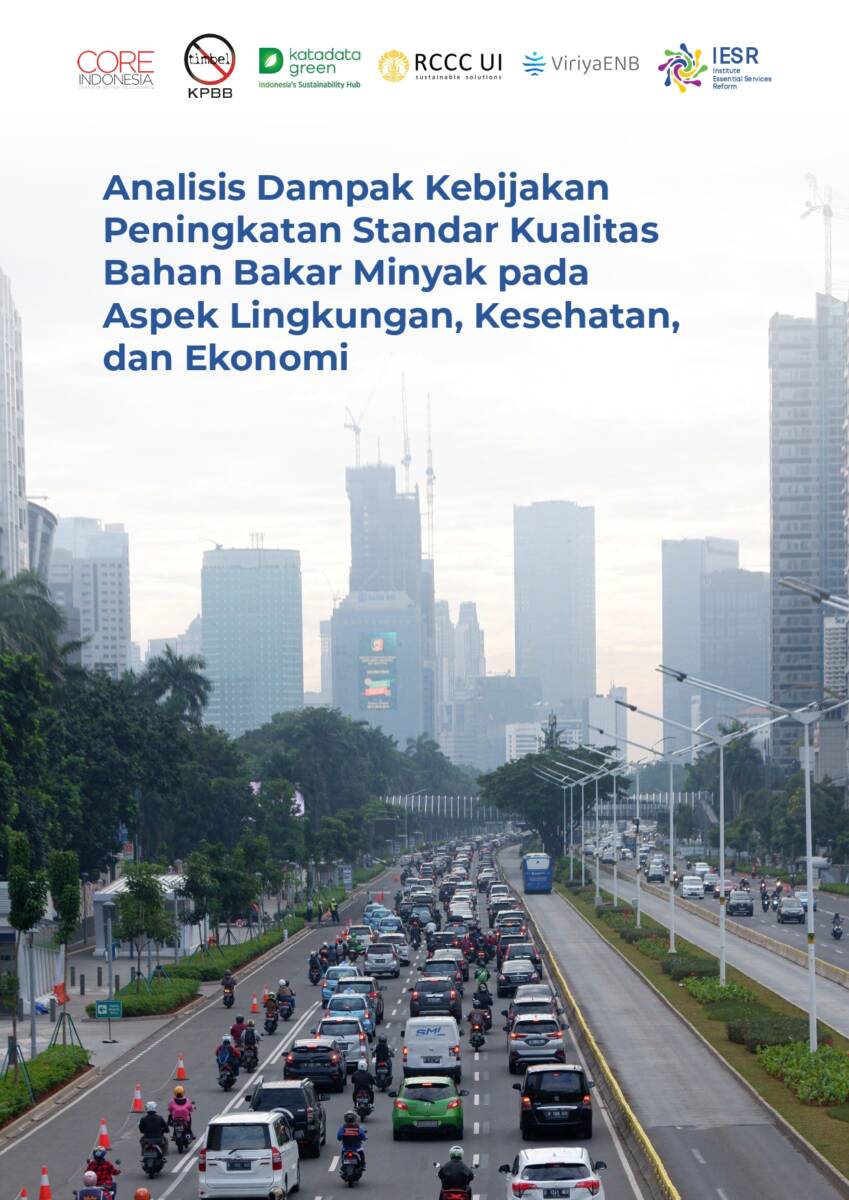
The research, conducted jointly by IESR, CORE Indonesia, KPBB, and RCCC UI, used a simulation model to project changes in
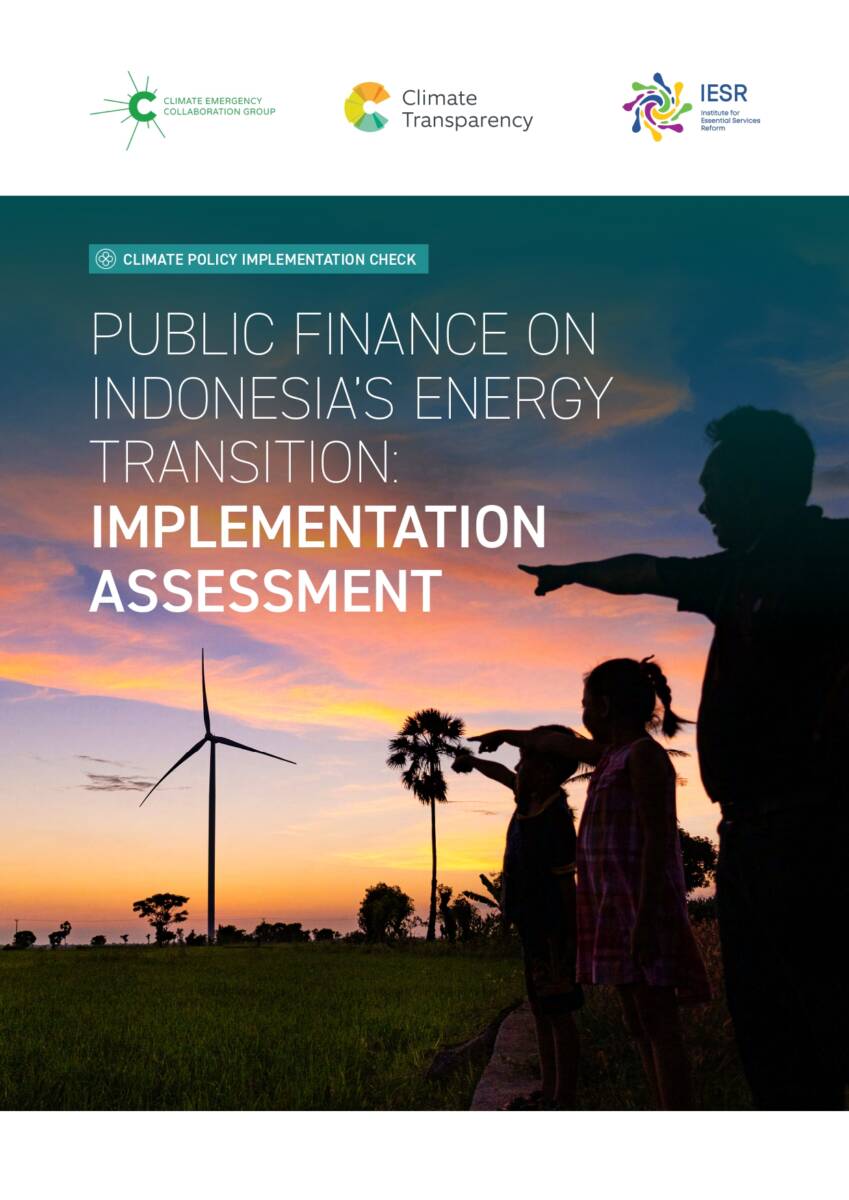
This publication highlights the challenges faced by Indonesia in its transition to a low-carbon economy, particularly in securing the necessary
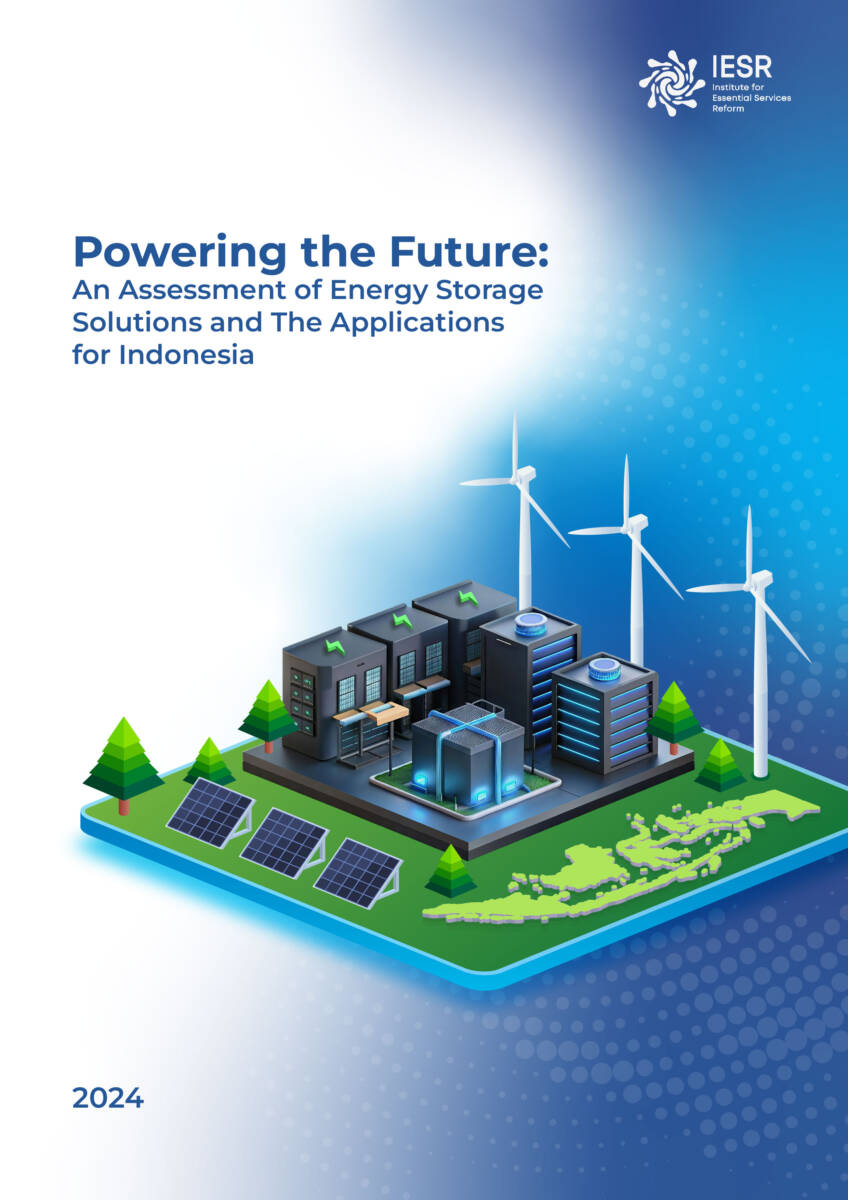
Indonesia has big ambitions to become a major player in the electric vehicle (EV) industry. However, the journey towards this
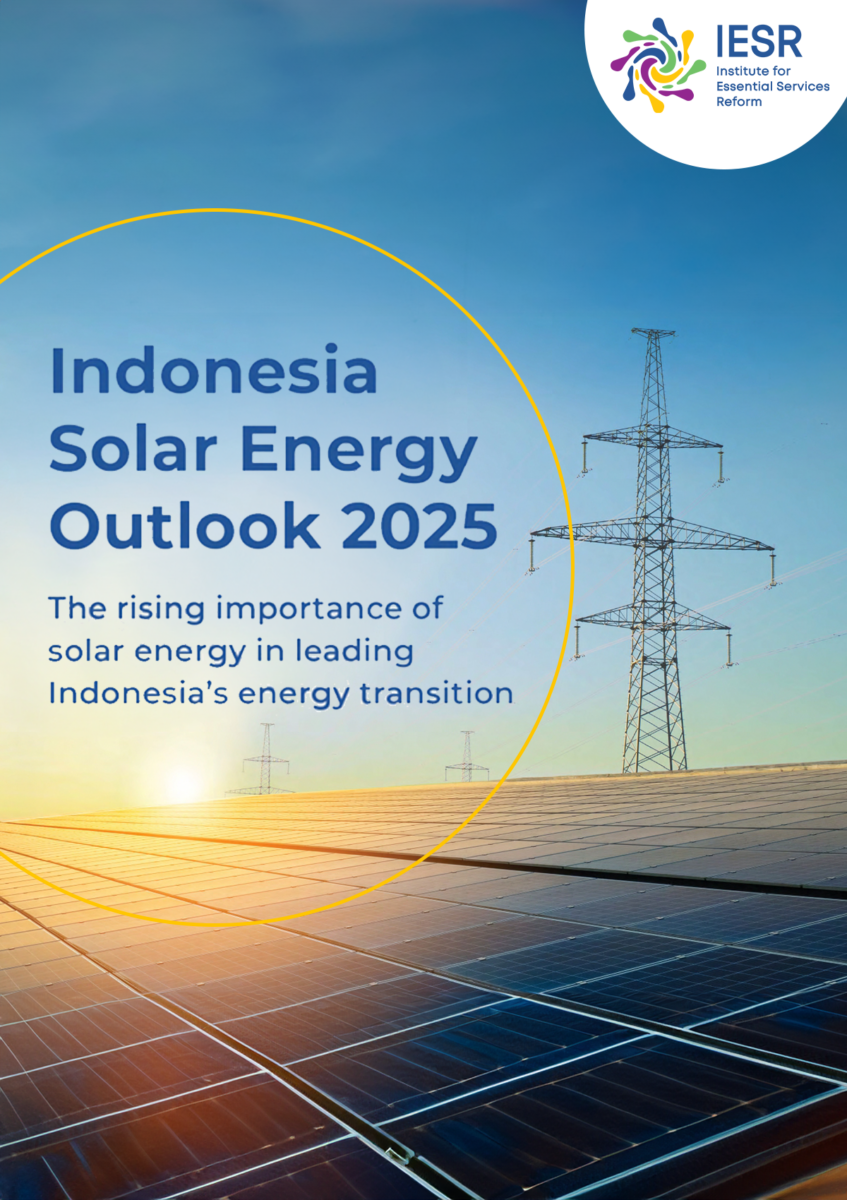
Indonesia Solar Energy Outlook 2025 highlights the crucial role of solar power in improving Indonesia’s energy security. The report analyzes
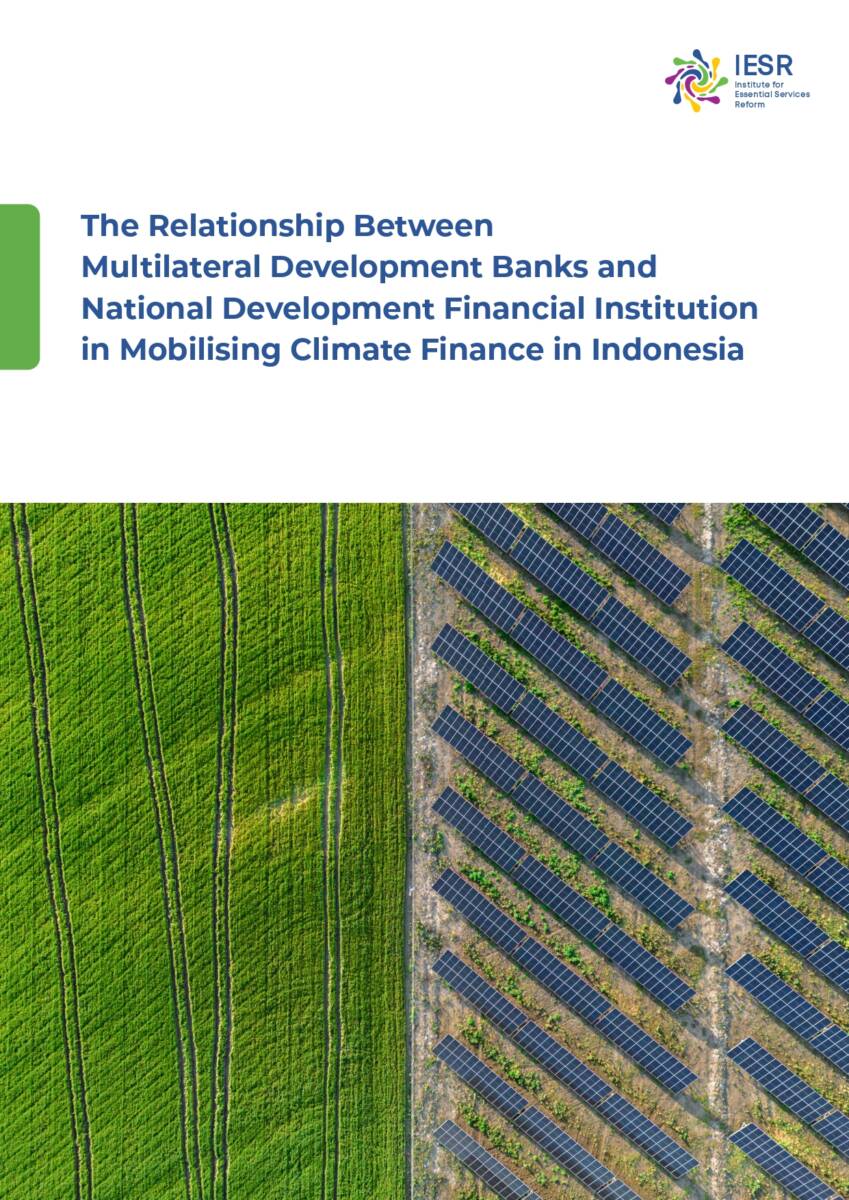
This publication examines the relationship between multilateral development banks (MDBs) and national development finance institutions (DFIs) in mobilizing climate finance
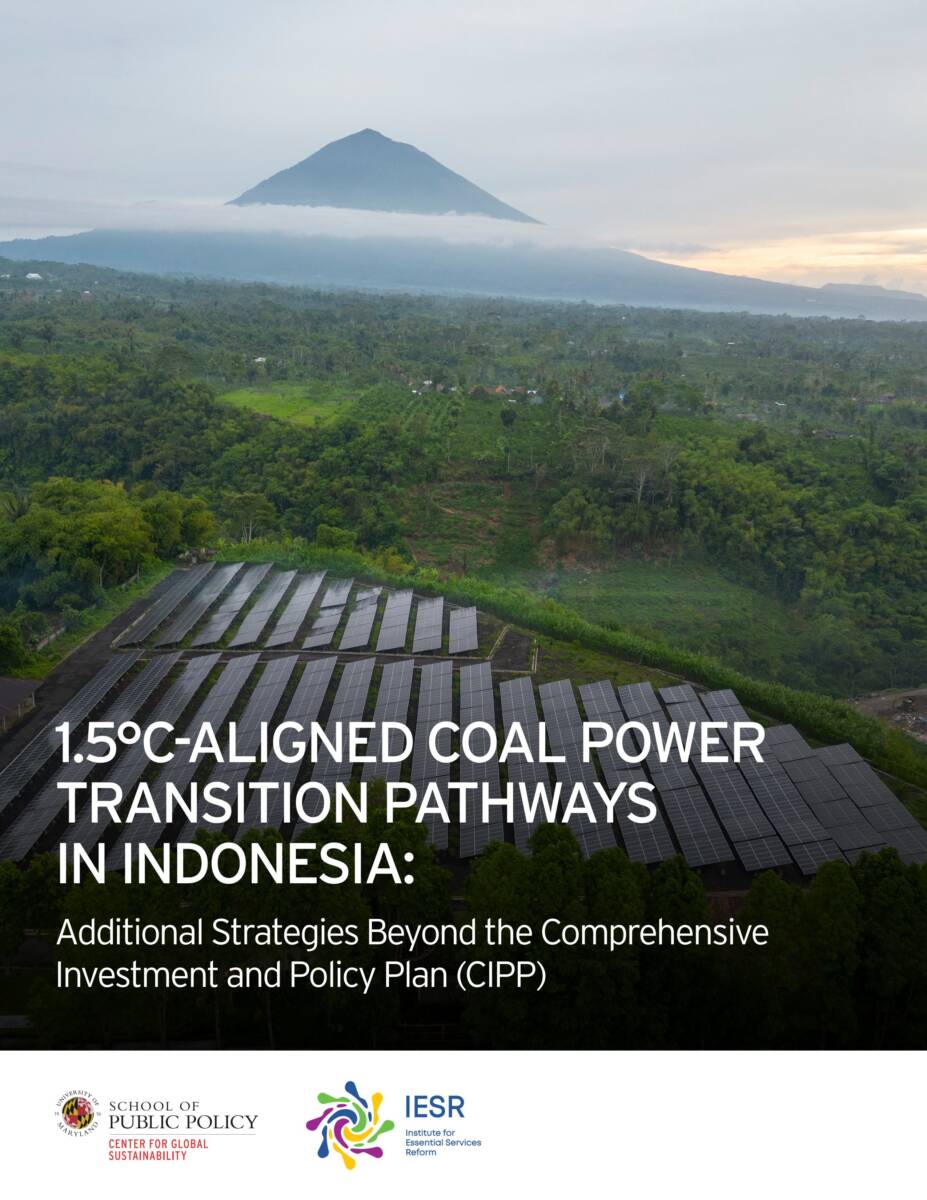
Additional Strategies Beyond the Comprehensive Investment and Policy Plan (CIPP) Indonesia, one of the world’s largest coal producers, aims to
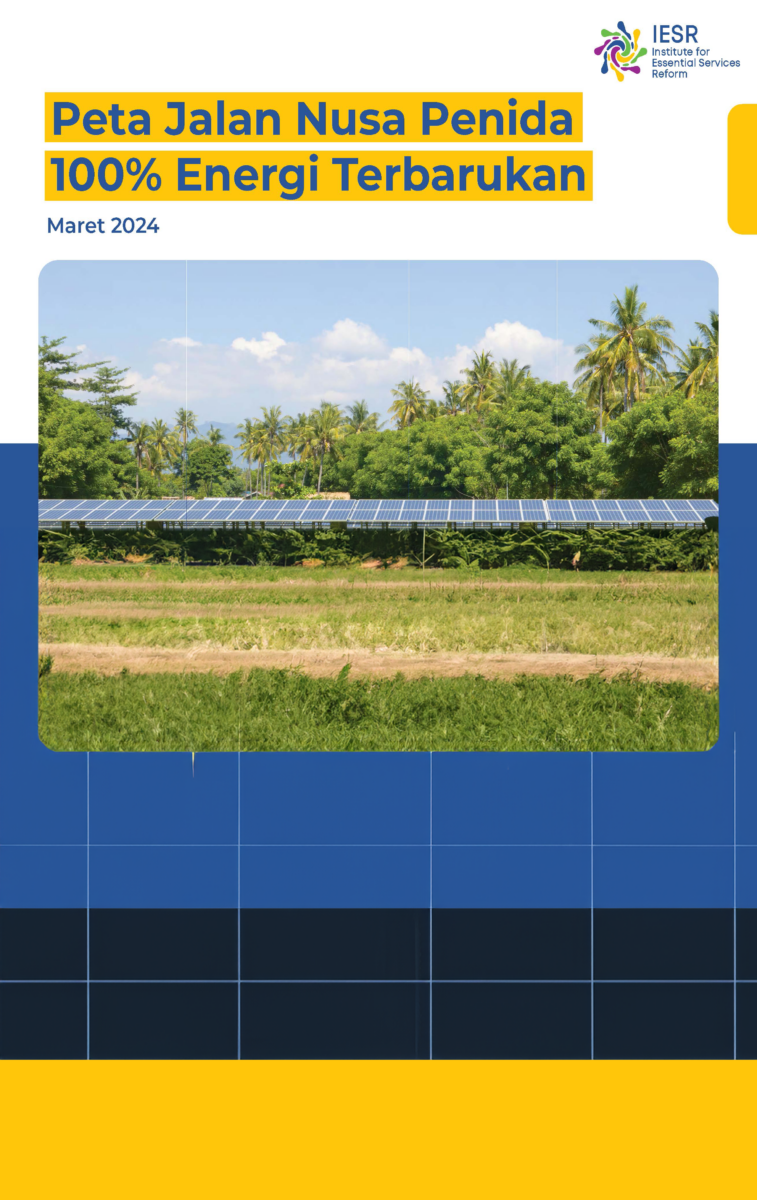
A report by the Institute for Essential for Services Reform (IESR), World Resources Institute (WRI) Indonesia, and New Energy Nexus Indonesia, with the Bali Government.
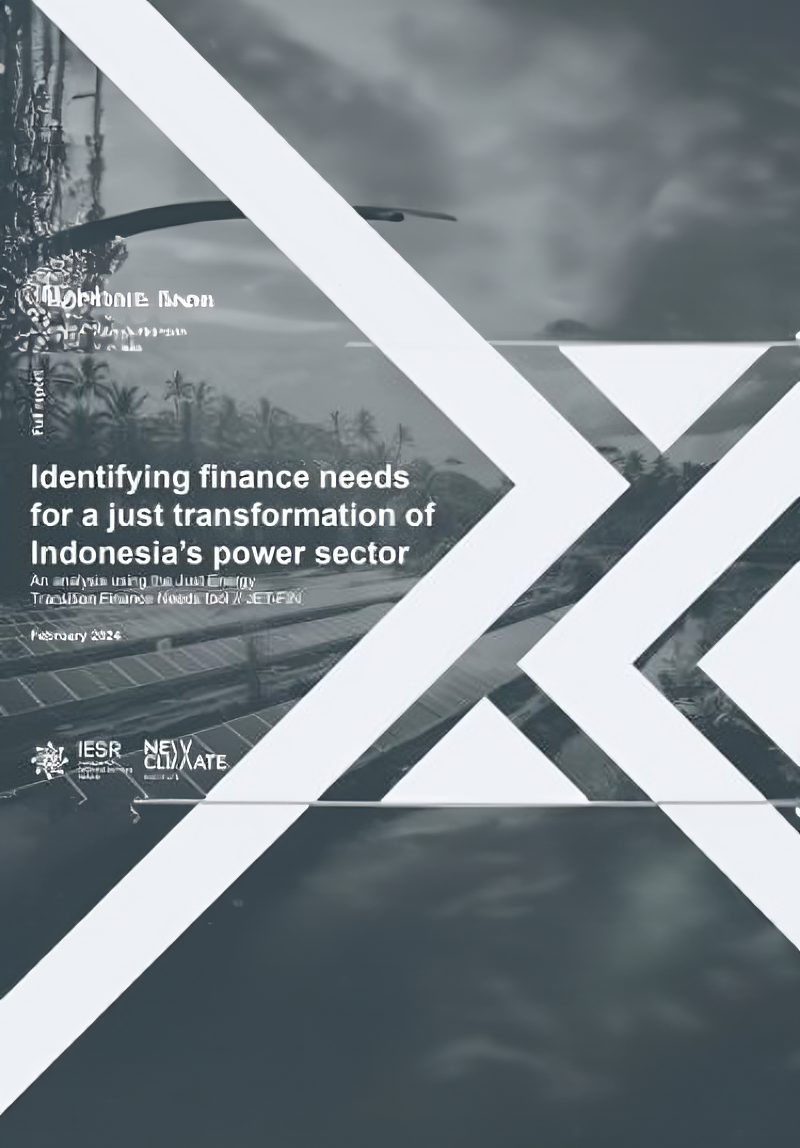
This initiative, known as Indonesia’s Just Energy Transition Partnership (JETP), places a pivotal emphasis on curtailing emissions from the power sector, initially peaking them and subsequently reducing them, with the indispensable backing of both public and private financial institutions.
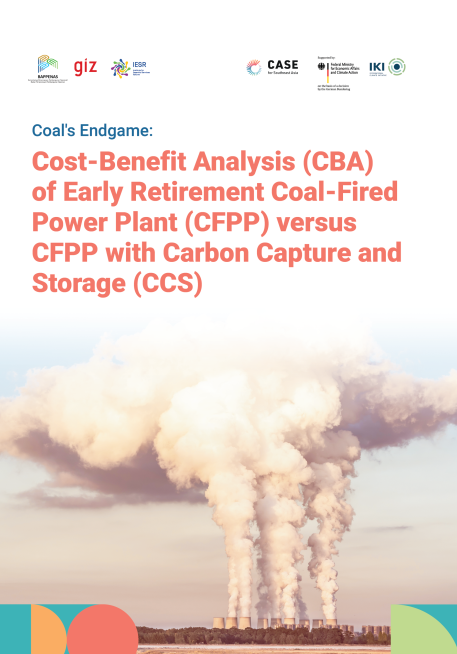
This study investigates how Indonesia can achieve its ambitious decarbonization goals for the power sector. The study analyzes the economics
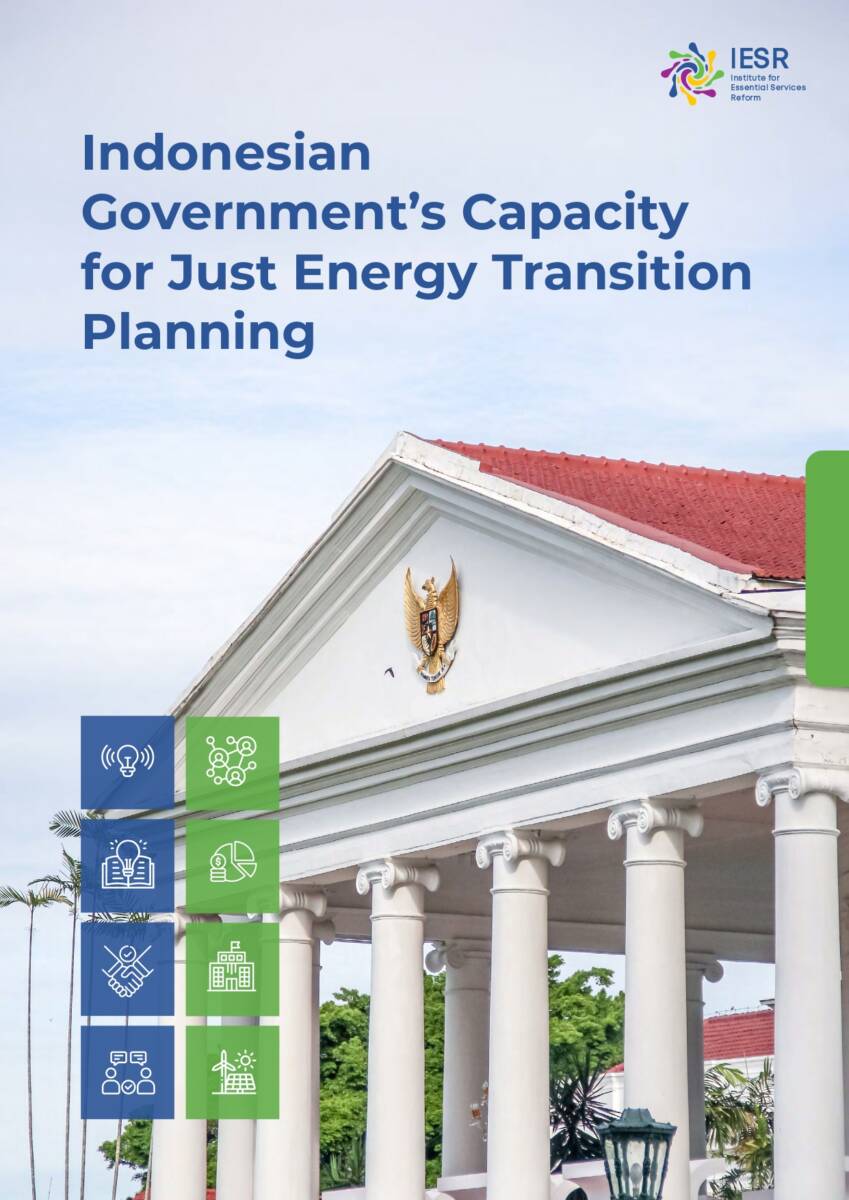
The global climate crisis has prompted countries around the world to transition from fossil fuels to clean, renewable energy. Global commitments have begun to put all countries on a path to phase out fossil fuels and achieve net zero emissions (NZE) by 2050, as called for in the Paris Agreement. Achieving NZE will require a collective global effort to reduce greenhouse gas emissions by 45% by 2030. Phasing out and out of fossil fuels has become necessary to mitigate the worsening of global warming.
